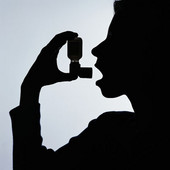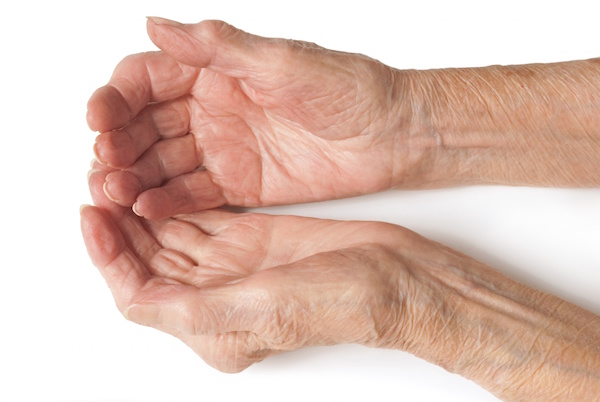
WEDNESDAY, July 30, 2014 (HealthDay News) — For patients with asthma, just believing an odor is potentially harmful is enough to trigger airway inflammation for at least 24 hours, a new study indicates.
“It’s not just what you smell, but also what you think you smell,” study author Cristina Jaen, a physiologist at Monell Chemical Senses Center in Philadelphia, said in a Monell news release.
“Asthmatics often are anxious about scents and fragrances. When we expect that an odor is harmful, our bodies react as if that odor is indeed harmful,” Jaen explained. “Both patients and care providers need to understand how expectations about odors can influence symptoms of the disease.”
More than 25 million Americans have asthma — a chronic inflammatory disorder that affects the airways and can interfere with quality of life. For people with asthma, certain “triggers” can inflame and constrict the airway, making it hard to breathe. There is no cure for asthma. People with the condition must identify and avoid their triggers, and learn how to manage their symptoms.
There are many types of asthma triggers, including pollen, dust, chemicals and allergens. The researchers pointed out that stress, emotions and fragrances can also aggravate asthma symptoms.
To determine how negative expectations affected odor-triggered asthma symptoms, the researchers exposed 17 people with moderate asthma to phenylethyl alcohol for 15 minutes.
Phenylethyl alcohol is commonly described as rose-scented and isn’t considered a lung irritant. Nine of the participants were told that it might cause mild respiratory problems. The remaining eight patients were told the odor could be therapeutic.
While being exposed to the odor, the participants were asked to rate its properties, including its intensity, irritancy and annoyance.
Right before and right after exposure, the participants’ lung function and airway inflammation were assessed. They were measured again two hours and 24 hours later.
What the patients believed about the odor they smelled not only influenced their psychological response to it, but also their physiological response, according to the study, published online recently in the Journal of Psychosomatic Research.
Those who thought it was harmful said it was more irritating and annoying than those who believed it could be beneficial to their health, the study authors noted. Meanwhile, the airways of those who thought the odor might be harmful became more inflamed immediately after they were exposed it, and remained inflamed 24 hours later.
The patients who were told that the odor was therapeutic on the other hand, had no increase in airway inflammation, the investigators found.
“Introducing a negative bias led to a rapid change in airway inflammation,” senior study author Pamela Dalton, a cognitive psychologist at Monell, said in the news release. “What really surprised us was that this response lasted for over 24 hours. The increased inflammation during this period likely makes asthmatics more sensitive to other triggers.”
More information
The U.S. National Heart, Lung, and Blood Institute has more about asthma.
Copyright © 2026 HealthDay. All rights reserved.

